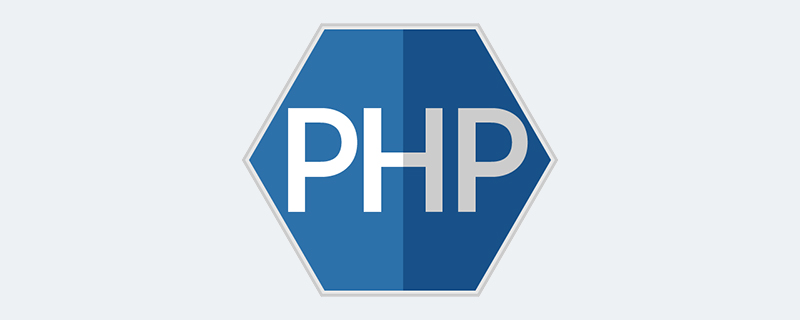
Solution for php source code installation without php.ini: 1. Determine the location of the php.ini file through the command line; 2. Find the two configuration files through the find command and modify them to generate the php.ini file. .

The operating environment of this article: windows7 system, PHP7.1 version, DELL G3 computer
How to install php source code without php.ini What to do?
What to do if there is no 'php.ini' file after PHP is compiled and installed
1. Determine the location of the php.ini file through the command line
When we compile and install PHP, the php.ini file will not be automatically generated after the compilation and installation is completed, so we need to generate it manually.
php -r "phpinfo();" | grep 'php.ini'
The above command needs to be configured with environment variables after compiling and installing PHP. If not, you need to use the absolute path to execute.
/usr/local/php/bin/php -r 'phpinfo();' | grep 'php.ini'
/usr/local/php/bin/php is the path where PHP is compiled and installed.
As shown in the figure, the php.ini file should be placed under the /usr/local/php/lib/ directory.
2. Generate the php.ini file
Generally, there are ready-made default configuration files in the PHP source code package. You only need to make certain modifications to them as needed to use them.
[root@ggy-php ~]# find /tools/php-7.1.9/ -name "php.ini*" /tools/php-7.1.9/php.ini-production /tools/php-7.1.9/php.ini-development [root@ggy-php ~]#
You can find two configuration files through the find command, one for the development environment and one for the production environment. According to your own needs, modify the configuration file and copy it to the /usr/local/php/lib/ directory, and restart PHP.
cp /tools/php-7.1.9/php.ini-production /usr/local/php/lib/php.ini killall php-fpm /usr/local/php/sbin/php-fpm &
Recommended learning: "PHP Video Tutorial"
The above is the detailed content of What should I do if there is no php.ini in the PHP source code installation?. For more information, please follow other related articles on the PHP Chinese website!




